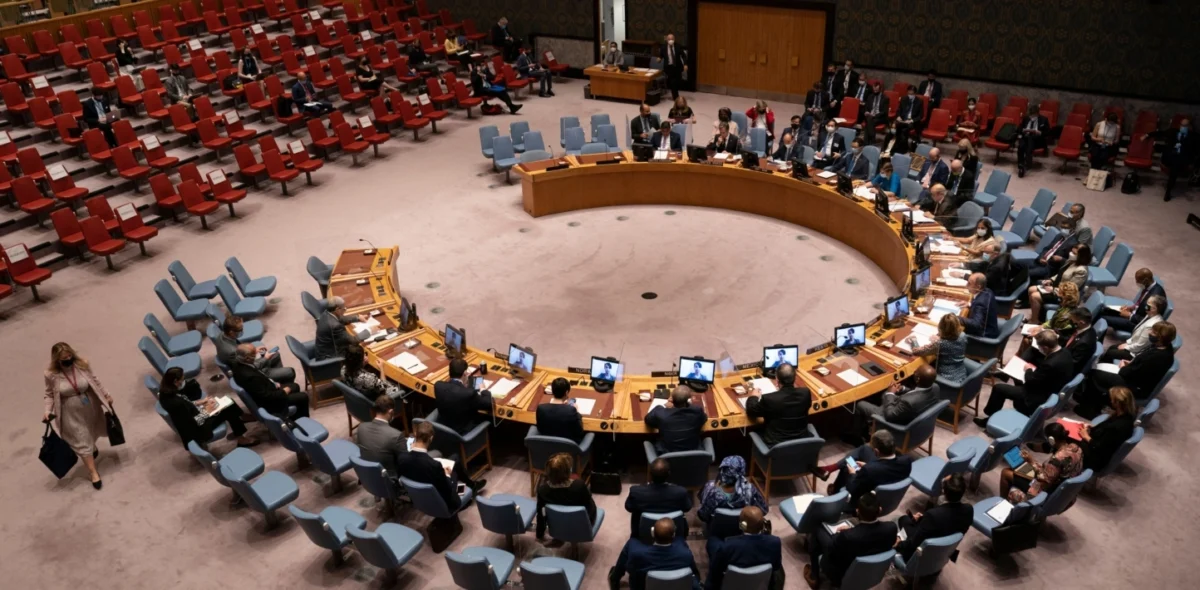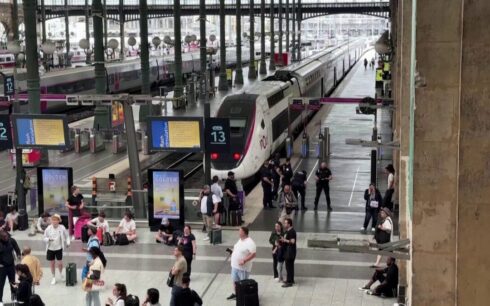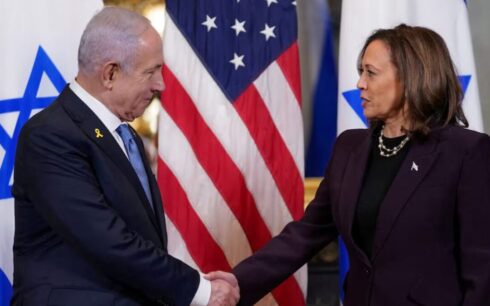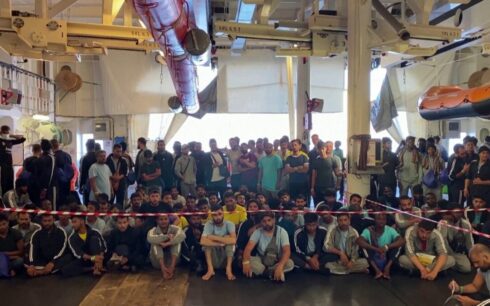The presence of foreign military forces in Syria and the persistent displacement crisis, which continues over 12 years after the onset of the Syrian conflict, took center stage during Wednesday’s United Nations Security Council meeting.
Linda Thomas-Greenfield, the U.S. Ambassador, placed blame on Russia for impeding progress within the Constitutional Committee, a body tasked with drafting a new constitution as a precursor to elections.
“The United States remains committed to ensuring accountability for the regime’s transgressions, including the utilization and enforcement of sanctions against those meriting them. U.S. sanctions will persist until there is a tangible, quantifiable advancement towards a political resolution,” Linda asserted.
Amir Saied Iravani, Iran’s representative, expressed his nation’s condemnation of actions that compromise Syria’s sovereignty, specifically pointing to Israeli aggression.
“We vehemently denounce the recurrent transgressions and breaches of Syria’s territorial integrity and sovereignty by the Israeli regime. These condemnable assaults, exemplified by recent terrorist incidents in Damascus and its adjacent areas on August 21st, intentionally targeting civilian infrastructure, flagrantly violate international humanitarian law and the UN Charter. Moreover, they present a serious menace to regional tranquility and stability. The ongoing inability of the global community to redress these violations is deeply disconcerting,” Iravani conveyed.
In recent days, Israel and Russia confirmed engagements in Syrian territory resulting in the deaths of at least 18 individuals across two distinct operations.
Last month, concerns surfaced regarding aid conveyance to Syria as Western powers and Russia, a primary supporter of the Syrian government, failed to reach consensus on extending a United Nations Security Council mandate overseeing the operation.
Early in August, the United Nations announced the resumption of aid distribution to rebel-held northwestern Syria through a designated crossing that serves as a lifeline for the region. This decision followed indications from aid workers that Damascus had eased the conditions leading to a weeks-long pause in operations.





